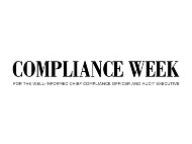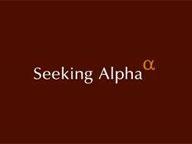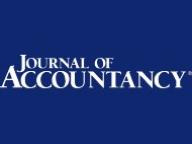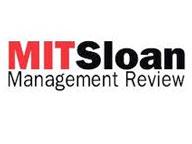School News
—
Center for Business and Human Rights Deputy Director Paul Barrett examines the response of social media platforms to stem the spread of misinformation related to the coronavirus outbreak
—

Excerpt from Newsy -- "Newsy spoke to Paul Barrett, deputy director of New York University's Stern Center for Business and Human Rights and author of several studies on disinformation. He said the response shows 'evidence of a lot of good will and energy being invested' by platforms that had previously been criticized for policies that aided in misinformation spreads — like allowing politicians to lie in ads."
School News
—

Excerpt from Newsy -- "Newsy spoke to Paul Barrett, deputy director of New York University's Stern Center for Business and Human Rights and author of several studies on disinformation. He said the response shows 'evidence of a lot of good will and energy being invested' by platforms that had previously been criticized for policies that aided in misinformation spreads — like allowing politicians to lie in ads."



















